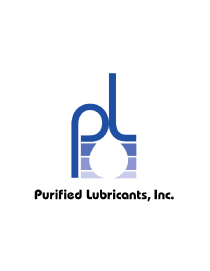Modern oil storage containers and dispensing systems are vital tools for maintenance programs. Below we’ll discuss oil storage container and dispensing system types and the different ways you can configure them for your needs.

Modern oil storage containers and dispensing systems are vital tools for maintenance programs. Below we’ll discuss oil storage container and dispensing system types and the different ways you can configure them for your needs.

“Can you explain the effects of abrasive wear and how you can determine if it is occurring?”
There are two basic forms of abrasive wear: two-body abrasion and three-body abrasion. A simple description of two-body abrasion would be a hard, rotating surface cutting into a soft, fixed surface, like a shaft running over a sleeve bearing. Imagine taking a car key to the side of a car. The key rips into the car’s surface, causing damage.

I recently received a call from a friend asking about a low rotating pressure vessel oxidation test (RPVOT) result of less than 25 percent for his turbo-compressor oil in a 28,000-liter sump. The oil was just six years old, but the laboratory report recommended the oil be immediately replaced due to the low RPVOT result. My friend wasn’t sure whether he should replace the oil or not.

As the leading supplier of thermoplastic olefins (TPOs) and polypropylene compounds to the North American automotive industry, Advanced Composites in Sidney, Ohio, operates 24 hours a day, seven days a week.

“What are the best practices for storing and handling oil drums?”
Oil drums should be stored indoors away from potential contamination. This would include dust, humidity from process steam and washdown areas. Do not keep oil drums on the factory floor or in the machine shop, since contaminants like metalworking or welding particles and production dust could easily find their way into the drums.

